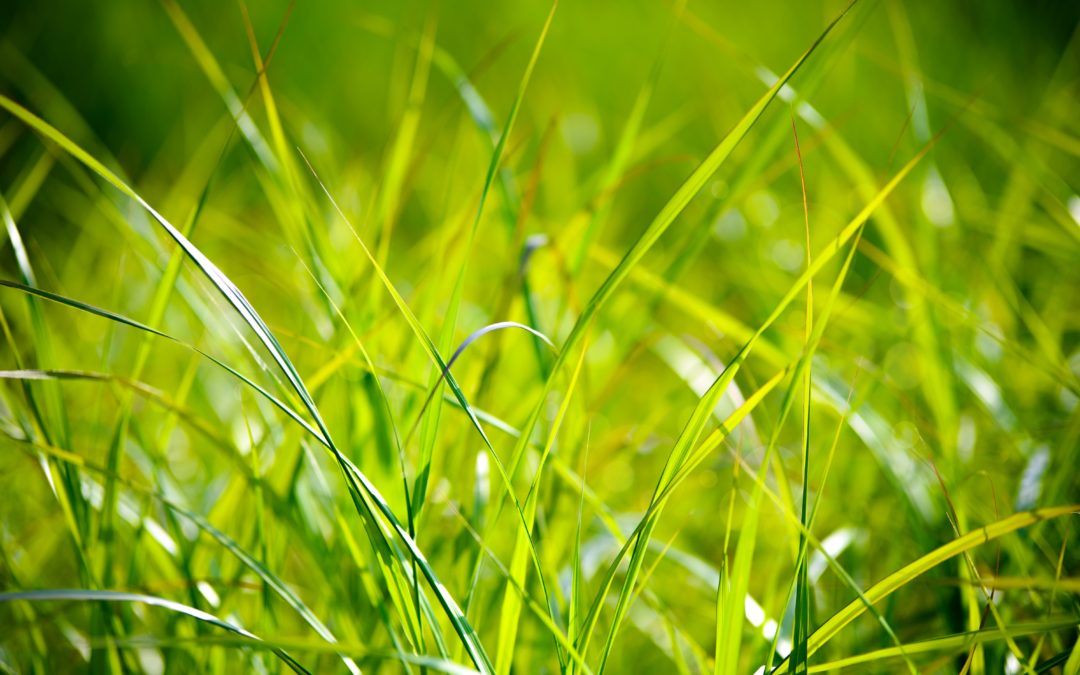In the fast-paced hamster wheel of consumerism, the sustainable fashion movement ushers in a breath of fresh air with its focus on slow fashion and environmentally-conscious practices. Counteracting the harmful effects of mindless materialism, there is a steady influx of people who are willing to leave behind a better and healthier environment for the future generations; If you haven’t joined the movement yet, here are some eye-opening details about how you can preserve the ecosystem by picking up sustainable goods.
MAINTAIN SOIL QUALITY:
Excessive use of chemical fertilizers may hasten the crop production time, but the land is rendered barren in a matter of years. On the contrary, organic farming techniques ensure that the land remains good as it was prior to cultivation. They consider the soil as a sacred legacy, that needs to be used in a manner in which the future generations will have it as good, if not better than, its current state. To meet that end, manures, crop residues and forest litters are used in place of chemical fertilizers.
ENERGY CONSERVATION:
When comparing the yield of the same amount of crop via traditional farming techniques and organic methods, it was found that the production of crops using traditional farming methods uses a lot more energy than its counterpart. In organic farming, there is complete reliance on natural sources like solar energy, manure wastes and composts. Whereas in traditional method of farming, to speed up the production time and meet the increasing demand, chemical fertilizers are used excessively. The production of which requires a lot of energy consumption.
FOSTERS BIODIVERSITY:
Modern agricultural practices often promote monoculture, which means growing of a single kind of crop in the entire field. Endangered species of plants are ruthlessly wiped off by the use of herbicides. The use of insecticides also rings the death knell for the birds that prey around the farm. In contrast, organic farms are more tolerant to the presence of hedges and small uncultivable zones. This makes the organic farms a small and safe cocoon for endangered species of plants, animals and insects to thrive in peace.
LESSER WATER USAGE:
It is a known fact that the maximum amount of freshwater on the planet is used by the agricultural industry. In organic farming, prior to sowing the seed, a process known as mineralization is done, by feeding the soil with green mulches and organic manures. This goes a long way towards fixing the mineral content and nutrients of the soil, which in turn helps the water retention capacity of the soil. Not surprisingly, these essential ingredients are missing from synthetic fertilizers. This translates to more water being required for the entire lifecycle of the crop, not to forget complications like erosion, salinization and soil degradation.
PROTECTS THE ANIMALS:
In organic farming, you can entirely skip the usage of pesticides by encouraging a healthy natural habitat on your farmland. The natural predators act as the best pest control. Also, the animals that feed on clean and chemical-free grass, are healthier and less prone to illness. So, as an organic farmer, you could have the added benefit of organic animals on your farm, whose yield of milk will be significantly better in quality and quantity.
The next time you are grocery shopping, look for organic products that are worth their weight in gold when it comes to conserving the environment. Suminter India Organics supports the highest standards of organic practices to ensure that every ingredient on your kitchen shelf contributes towards good karma for the environment.

